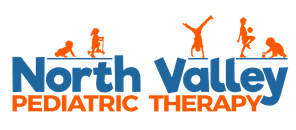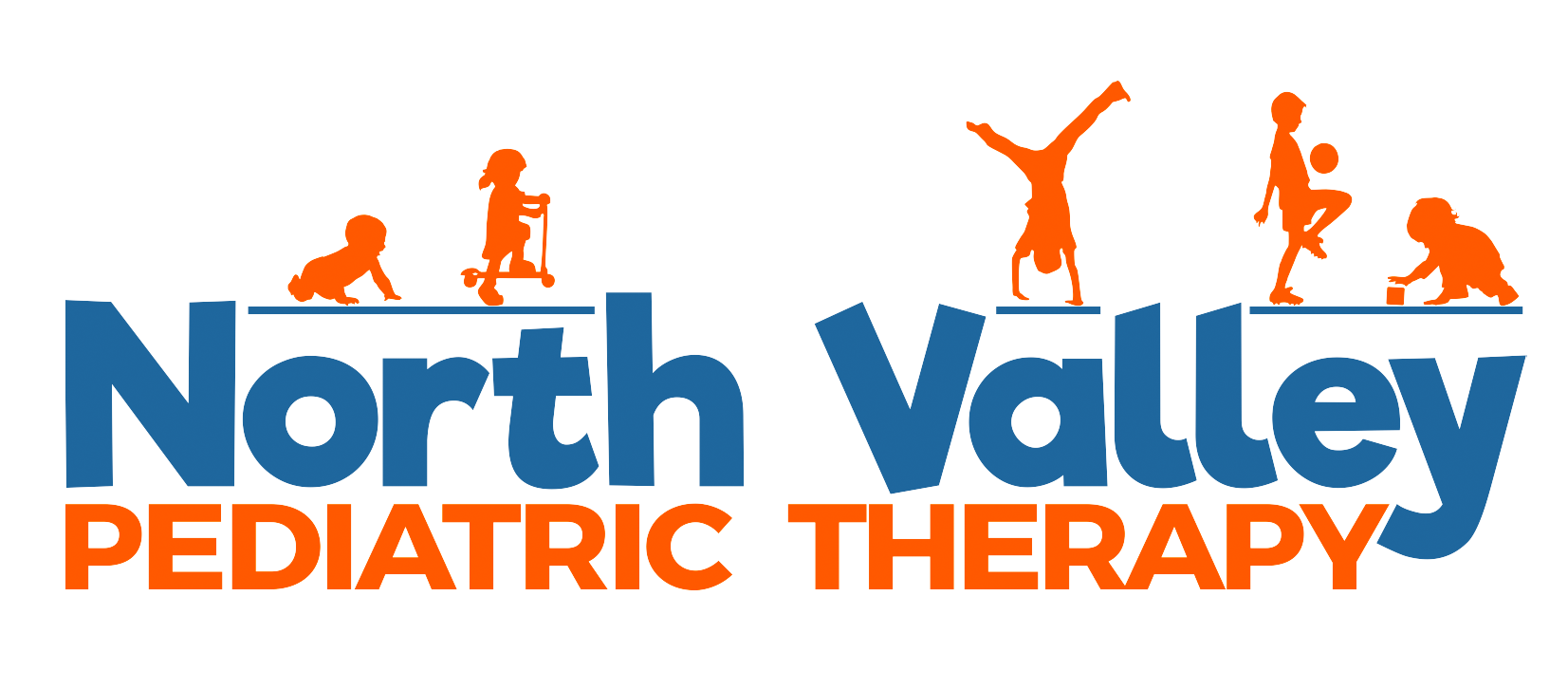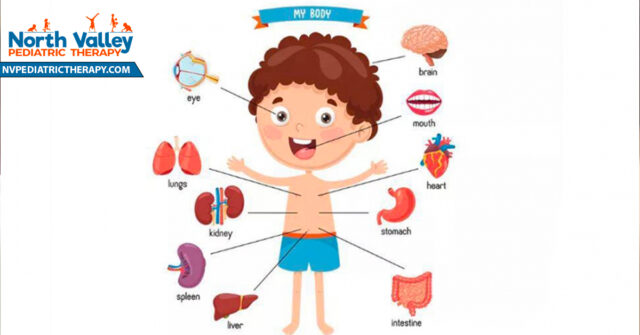We talk a lot about intervention with preschool and primary-age children, but today we are going to be talking in depth about young adults in speech therapy. Specifically, we are focusing on life skills like social, vocational, and communication skills. When we build upon skills for the success of our older clients, we are providing and teaching them strategies that allow these young adults to complete daily activities such as washing and drying laundry, meal preparation, ordering at a restaurant, or packing appropriate items for a vacation. Speech and language intervention with our young adults also incorporates building communication skills that allow our clients to participate in vocational activities they are interested in.
As a Speech Language Pathologist, I work closely with my families to address goals that are functional and meaningful. Families want their children to become more independent when completing activities of daily living or to initiate and maintain conversations with others, however, there is often one common factor that tends to be challenging for my parents….LETTING GO! For many parents, it is hard to let go of the reins and allow their child to initiate or participate in daily activities. Parents want to support their child in any way possible, but now is the time to allow them the opportunity to become more independent. Here are some tips for success to help your young adult learn and participate in functional, daily activities:
- Encourage your child to help when paying for food or other items at the store. Engage him/her in the process of looking at prices and deciding if he/she has enough money to make a purchase.
- Encourage him/her to participate in meal prep at home to work on planning and following along with recipes/instructions.
- Encourage him/her to make his/her own snacks/simple recipes that can be made in the microwave.
- Practice multi-step craft activities to work on planning, organizing, problem-solving, and time management.
- Encourage him/her to problem solve meal prep by gathering supplies as independently as possible.
- Practice games or activities requiring him/her to count to improve money management skills.
- Practice morning routine with a timer to stay on track with a goal time.
- Encourage communication with others by having him/her check in at a doctor’s office, order food at a restaurant, participate in small talk with the cashier at a store, etc.
- Practice placing a specific time on an analog clock.
- Encourage him/her to complete simple first aid tasks, such as putting on a bandaid, independently.
- Help him/her to read and learn different size measuring cups when he/she helps cook.
- Provide simple 4-5 step directions of daily activities (i.e. washing/folding laundry, loading/unloading the dishwasher, washing hands, etc.) with a place to check off each step completed to help encourage him/her to initiate and complete each step on their own. Start by providing verbal cues to initiate the step and decrease the level of assistance as needed to visual pointing cues.

Written by Karissa Haleman
M.S. CCC-SL




